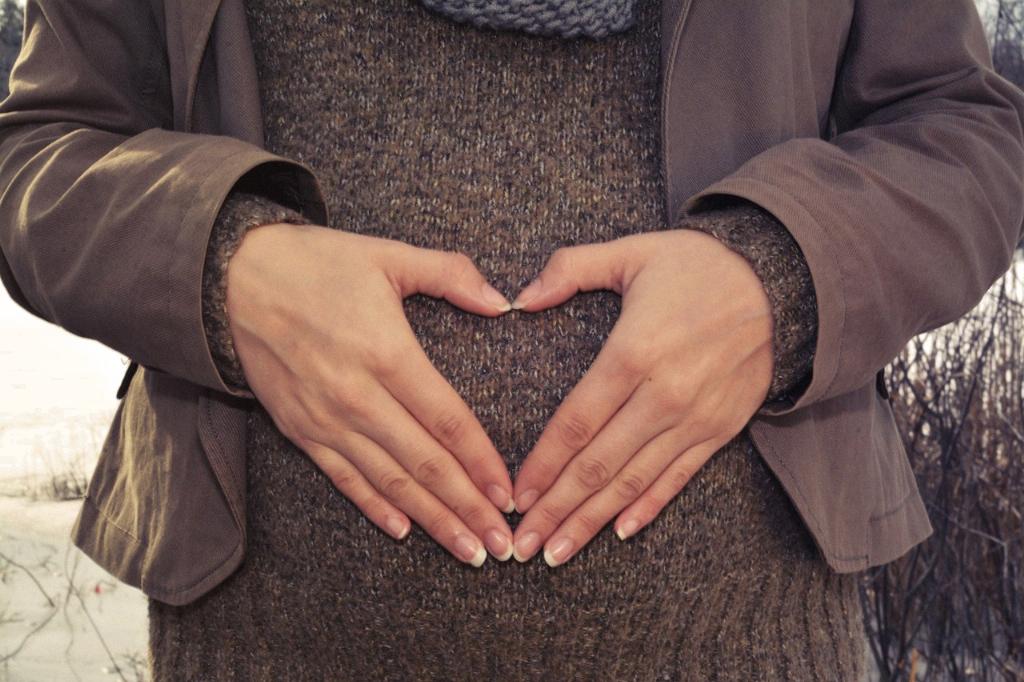Reaching the 20-week mark in a pregnancy journey can be considered a significant milestone for a variety of reasons. It is at this point that a fetus has undergone substantial growth and development, achieving key milestones that indicate a progression towards a healthy birth.
The Development of Taste Buds and Sucking Reflex
One crucial aspect of fetal development at 20 weeks is the emergence of working taste buds and the development of the sucking reflex. These abilities signify that the fetus is becoming more attuned to its environment and preparing for postnatal life.
Increased Amniotic Fluid Consumption
Additionally, at 20 weeks pregnant, a fetus begins to gulp down several ounces of amniotic fluid daily, a remarkable increase from previous weeks. This heightened consumption is a clear indicator of the fetus’s growth and maturation within the womb.
Improved Nutrient Intake
With the increased intake of amniotic fluid, the fetus also benefits from a higher level of nutrient absorption, further supporting its development. Adequate nutrient intake is essential for ensuring the health and growth of the fetus throughout the pregnancy.
Enhanced Movement and Activity
By the halfway point of pregnancy, the fetus is typically more active, with increased movement and responses to external stimuli. This heightened activity level demonstrates the neurological development of the fetus and its growing interaction with the surrounding environment.
Viability and Survivability
At 20 weeks pregnant, a fetus reaches a stage of potential viability outside the womb, albeit with significant medical intervention. While the goal is always for a full-term pregnancy, reaching this milestone signifies a crucial point in fetal development and potential for survival.
Gender Identification
For many expectant parents, the 20-week mark also offers the opportunity to potentially identify the gender of the baby through ultrasound imaging. This moment can be an exciting and emotional one, providing a deeper connection to the growing fetus.
Maternal Bonding
As the pregnancy progresses, the 20-week milestone often serves as a pivotal moment for maternal bonding. Feeling the baby’s movements, witnessing its growth on ultrasounds, and anticipating its arrival all contribute to the deepening connection between the mother and her unborn child.
Physical Changes and Maternal Well-being
For the mother-to-be, the 20-week mark may bring a sense of relief as troublesome pregnancy symptoms like morning sickness often subside. This period may also mark the beginning of visible baby bump growth, further solidifying the reality of impending motherhood.
Anticipation and Preparation
Reaching the halfway point of pregnancy at 20 weeks can trigger a wave of anticipation and preparation for the baby’s arrival. Expectant parents may begin setting up the nursery, purchasing baby essentials, and discussing birth plans as the reality of parenthood draws nearer.
Emotional Significance
Lastly, the 20-week milestone carries emotional significance for both parents, as it represents a midpoint in the pregnancy journey and a closer step towards welcoming a new member into the family. It marks a time of reflection, excitement, and growing attachment to the unborn child.
Conclusion
In essence, 20 weeks pregnant is a milestone in the journey of pregnancy due to the significant growth and development that both the fetus and expectant parents experience during this period. It marks a pivotal stage in the pregnancy timeline, bringing about physical, emotional, and psychological changes that pave the way for the forthcoming joy of welcoming a newborn into the world.

